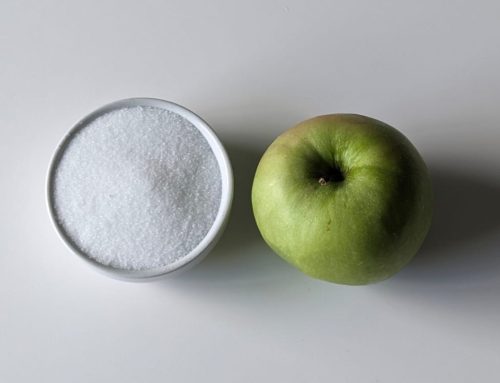Have you been suffering from back pain for a long time? Do you get muscle pain often? If your answer is yes, you might be having a magnesium deficiency. Here are the five common signs of magnesium deficiency and the natural sources of it to eat every day.

Magnesium is one of the minerals that are essential for various functions of our body. Minerals originate naturally from the earth. Our body cannot build minerals by itself, so it is necessary to fulfill their diet requirements.
Magnesium plays a vital role in the carrying function of over 300 enzymes. These enzymes are responsible for various biochemical reactions in our body, including blood pressure regulation, blood sugar level control, metabolism, bone-building, muscle, and nerve functions.
The condition of its low levels in the blood is known as hypomagnesemia. Hypomagnesemia happens when its serum levels are lower than 1.6 to 2.5 mg/dL. It could be due to less dietary intake, reduced absorption, diarrhea, alcoholism, pregnancy, etc.
5 Signs of magnesium deficiency
1. Back pain
Back pain is very commonly seen these days due to a bad diet and lifestyle habits. There are different reasons behind back pain, and one among them is the deficiency of magnesium.
This mineral is to convert Vitamin D into its active form. Calcium and Vitamin D work together to maintain the strength of bone. For their excellent functioning, it plays a significant role. Due to its deficiency, there will be less calcium absorption, and bones will become weak, resulting in back pain.

2. Disturbed sleep
Magnesium helps to relax your body by influencing certain neurotransmitters. It also helps to reduce anxiety. Not only that, it regulates the secretion of a hormone (melatonin) that helps to induce sleep. Thus it maintains the sleep cycle. But, when it is deficient in the body, you may have a disturbed sleep cycle. As a result, it can cause insomnia.
3. Muscle cramp
A muscle cramp is a feeling when the muscles of your leg suddenly become tight and painful. It usually occurs due to the deficiency of specific vitamins and minerals, especially potassium and magnesium. The insufficient supply of magnesium will cause immoderate muscle contraction. As a result, you may feel a muscle cramp.
4. Irregular heartbeat
Magnesium is essential for proper muscle contraction. Our heart is the only organ that contracts persistently. Like all the other muscles heart also depends upon it for its contraction. Due to its deficiency, heartbeats become irregular, leading to other heart-related conditions.
5. Headache
Magnesium also regulates the production of different neurotransmitters. Its deficiency could interrupt the release of neurotransmitters. As a result, it may lead to headaches or a migraine.
What are the natural sources of magnesium?
The lack of a nutrient-rich diet can cause above- mentioned symptoms. So, to avoid magnesium deficiency you must avoid processed, packaged food and sugary items. Instead, you must eat more green vegetables like spinach, mustard greens, broccoli, and peas. Also include fruits like banana and papaya every day in your meal. Nuts like almonds, cashews, and seeds like flaxseed and pumpkin seed are high sources of magnesium. Last but not the least, in legumes, include chickpea and soybean in your meal.
If you have observed the symptoms mentioned above for a long time now, kindly visit your doctor for proper diagnosis and treatment. It is essential to rule out the cause behind your symptoms. Also, include the natural sources of magnesium to prevent its deficiency.






Leave A Comment